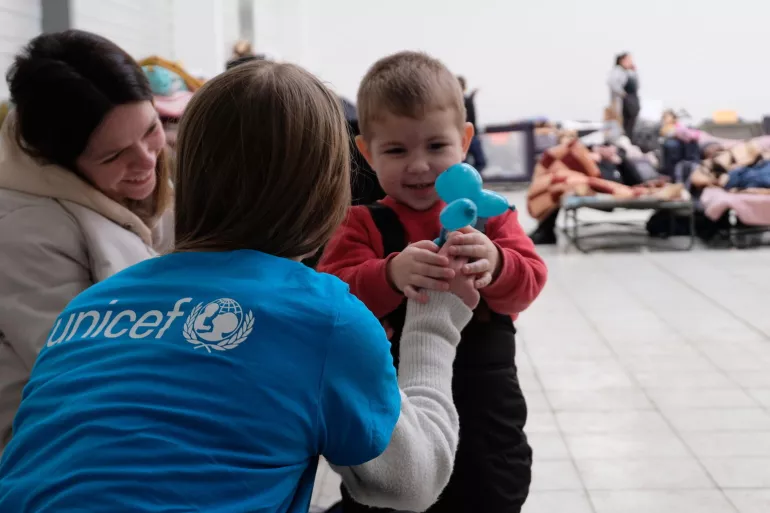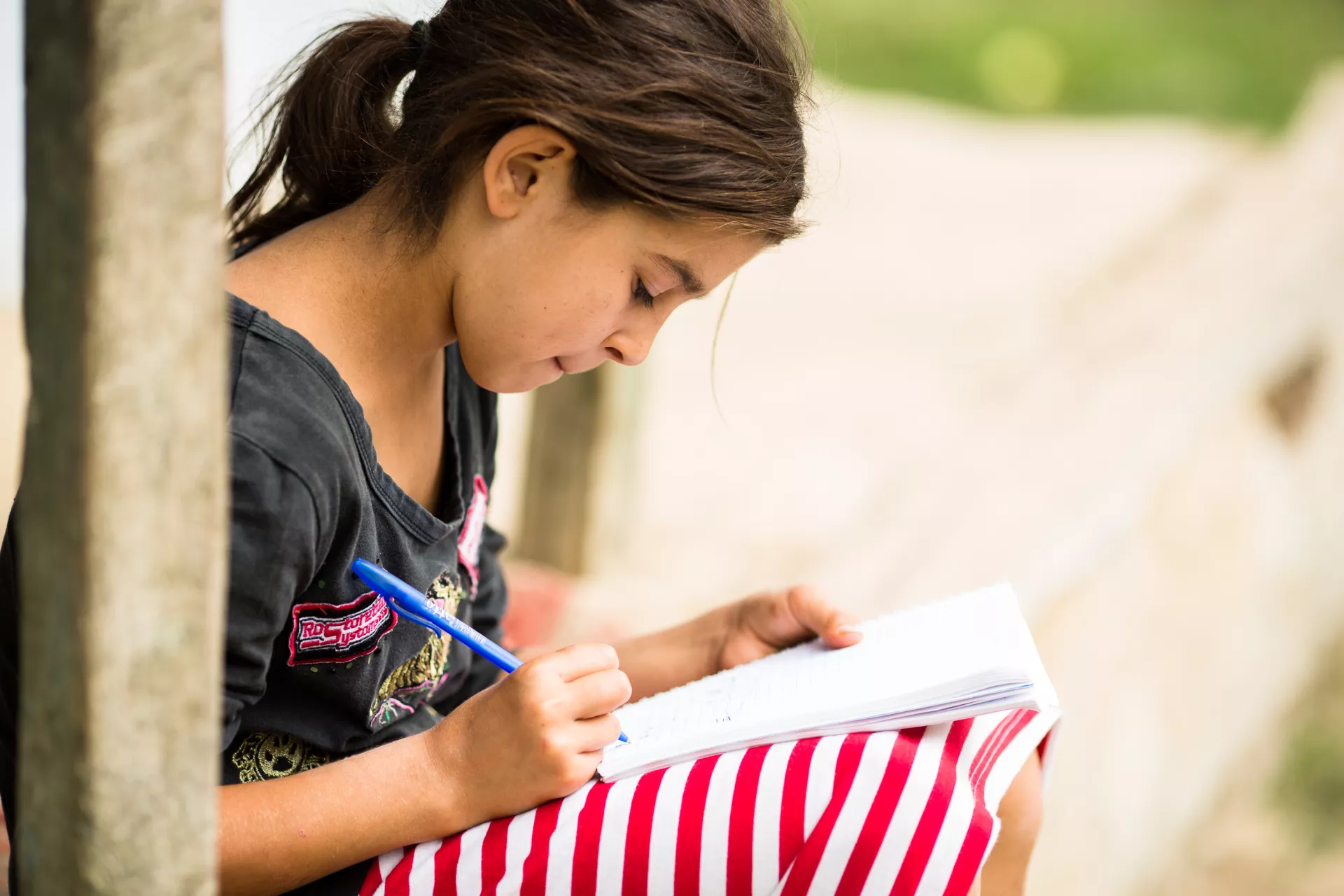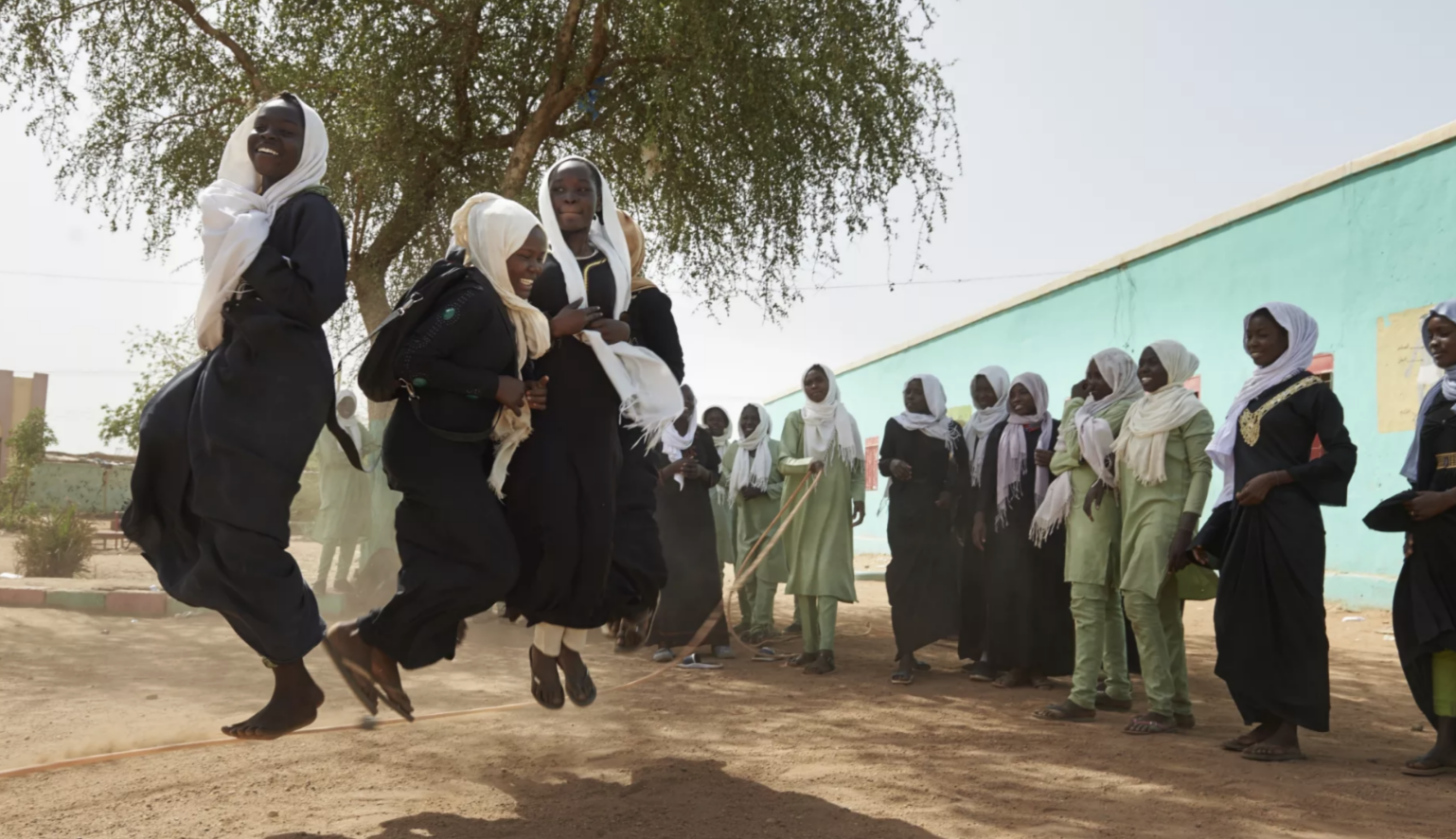How is UNICEF Supporting Children in the DRC?
Addressing one of the world's most severe humanitarian crises and its impact on children
The DRC is facing one of the worst humanitarian and food insecurity disasters in history. The majority of people who have food insecurities are children, and they are being affected the most by this crisis. Children are also being caught up in heavy fighting, with violence escalating in the east of the country. It is really difficult for families to gain access to safe homes and daily food.
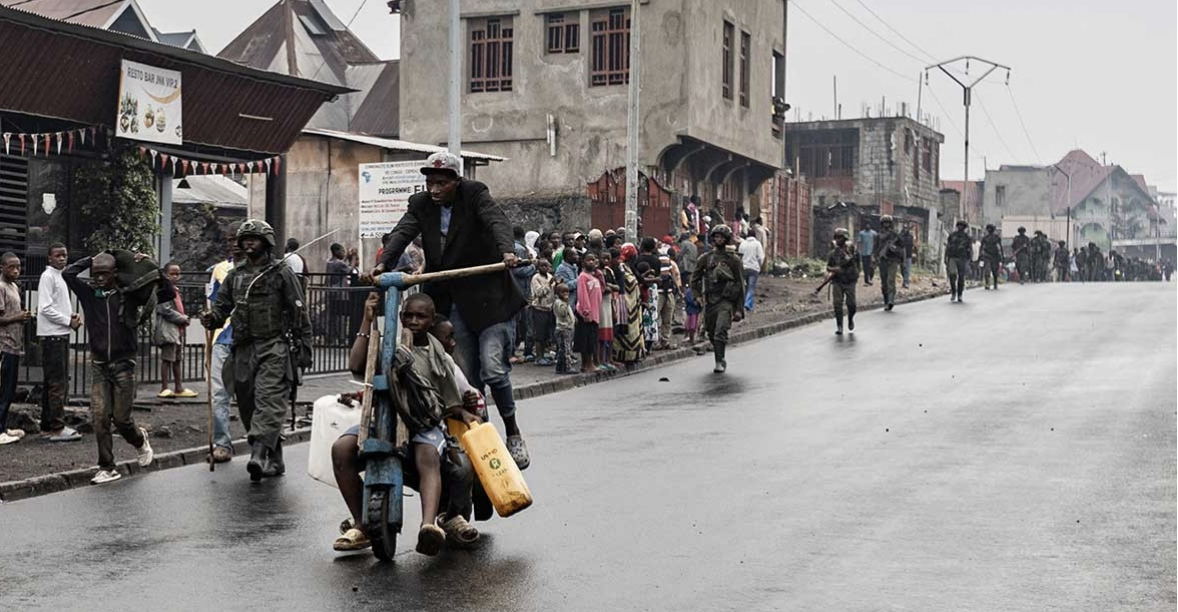
Healthcare Crisis and Disease Spread
Another immense problem as a consequence of the fighting is access to healthcare. Hospitals are already overwhelmed with casualties or related injuries, and the increased violence could spread diseases such as mpox, measles or cholera. Displaced families are packed into crowded camps, where food is scarce and disease is rife. The population has been facing conflict for three decades. These problems are only worsened by climate changes, with more frequent hot spells, droughts and floods.
Child Protection Impact
- Violations against children tripled since February 2025
- Sexual violence increased 2.5 times
- Abductions increased sixfold
- 1,200 children identified, 720 reunited
Healthcare Initiatives
- Enhanced surveillance systems
- Trained healthcare specialists
- Support for community workers
- 50M+ reached with health information
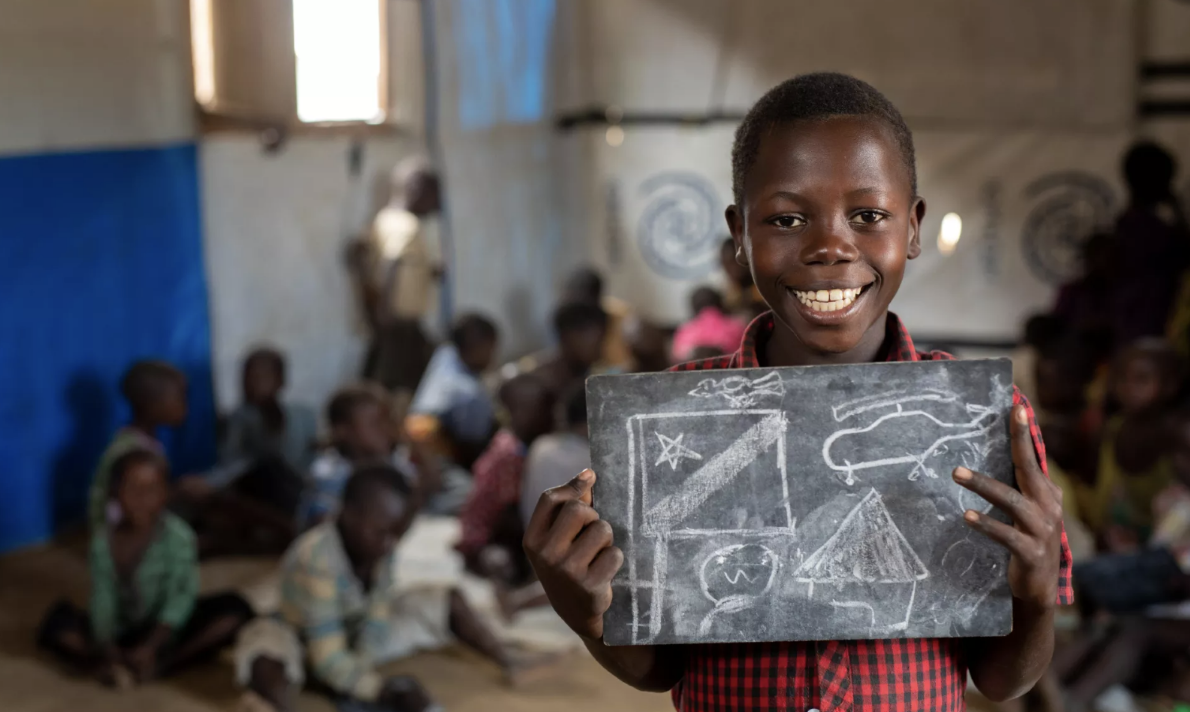
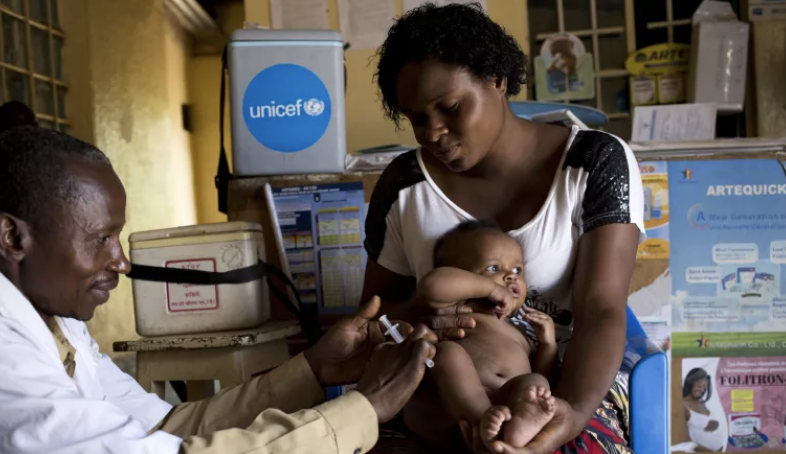
UNICEF has remained on the ground in the DRC despite the increased fighting and volatile situation, protecting children and providing essential services to those most in need.
Education in Crisis
Thousands of schools remain closed amid the conflict in the DRC. Hundreds of thousands of children have been further displaced by the violence. Schools have been attacked, used as shelter by armed groups or by people trying to escape them. UNICEF has helped by setting up emergency learning spaces where many displaced people have moved, distributing school supplies and providing sport and other remedial activities.

